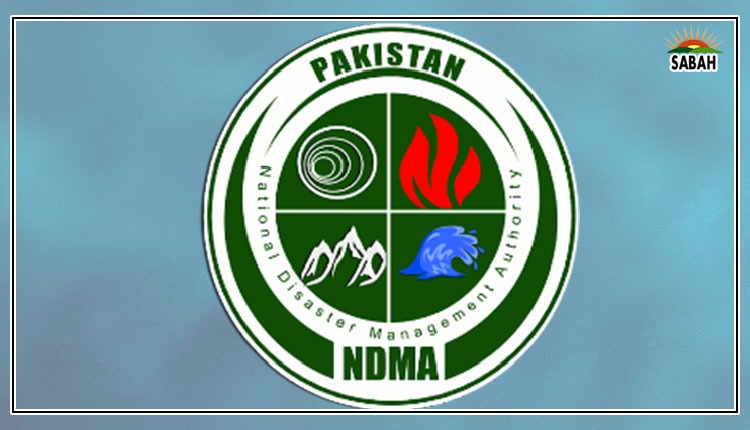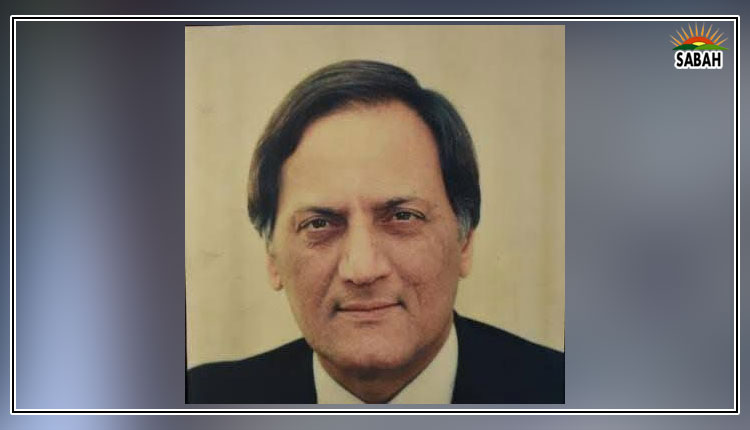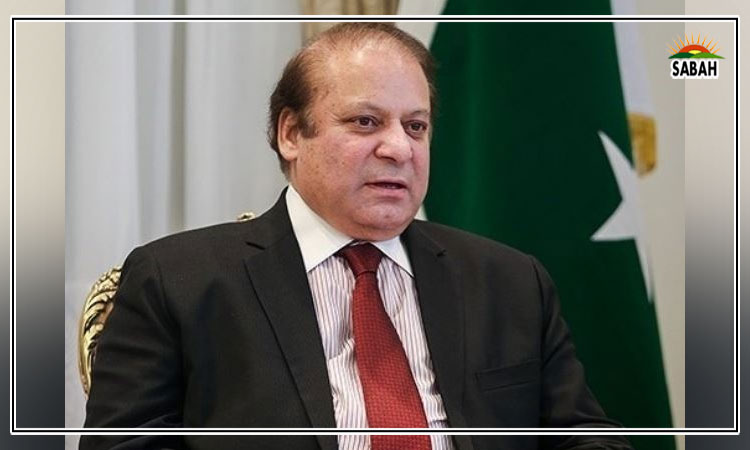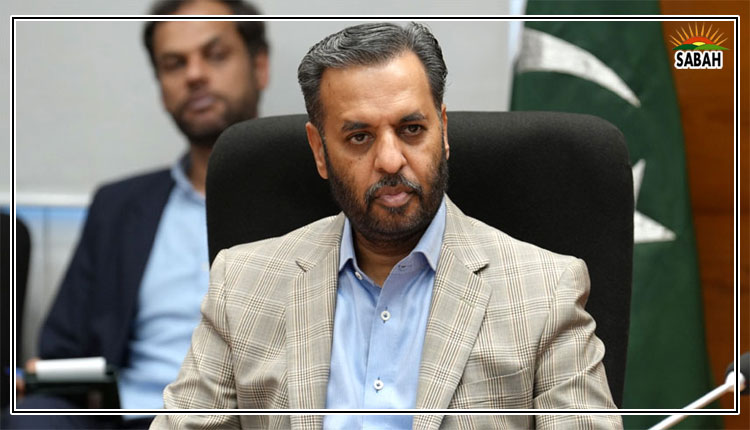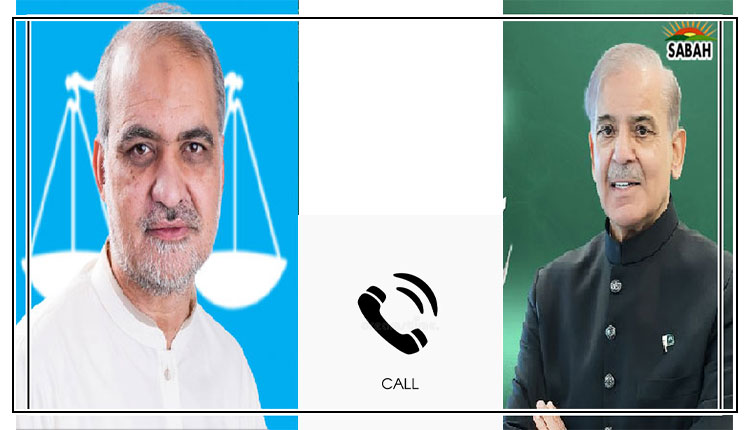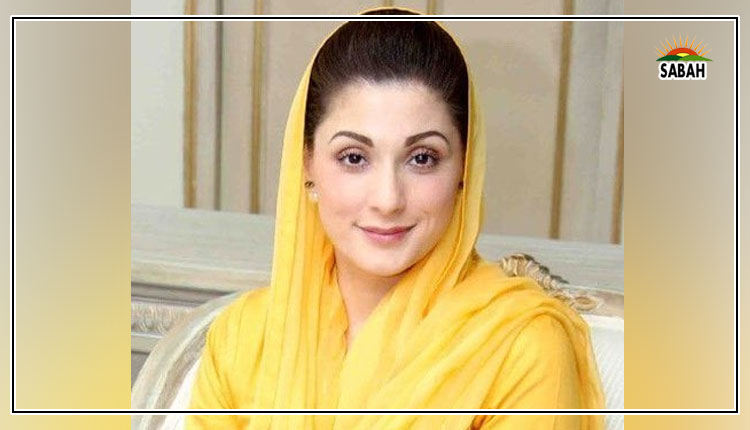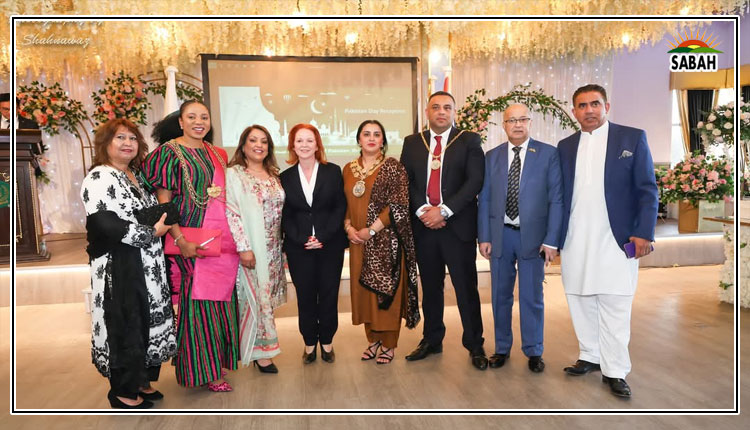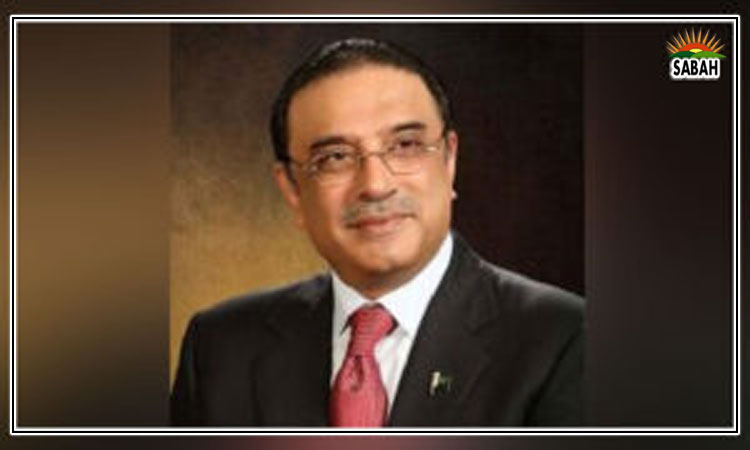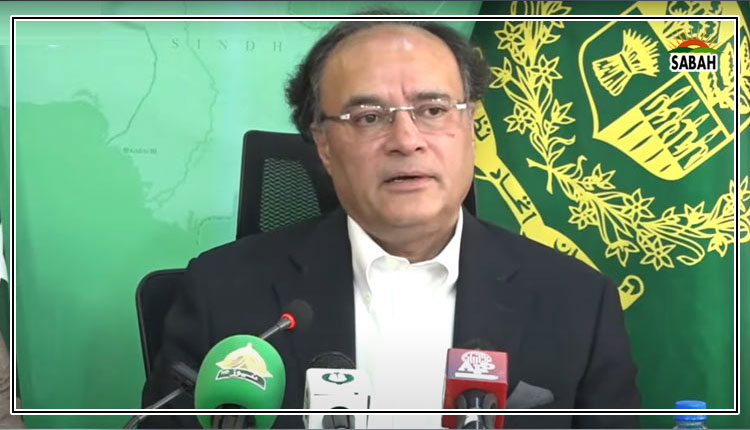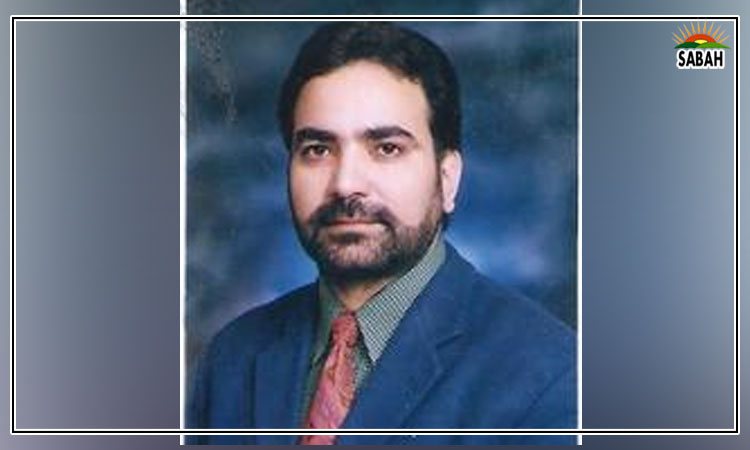Of the people ….Arifa Noor
THE people of Pakistan waited long enough for this election, part of which should have happened early last year — in KP and Punjab — and part of it late last year.
As I say this, it’s important to point out that PTI had resigned from the National Assembly in April 2022, and, other than blaming the PTI for this, no one stood up for the rights of the people who were left unrepresented for two years.
However, such delays are not new; previously, too, Pakistanis waited for years sometimes to exercise their right to vote. This time around, the wait wasn’t as long in comparison, which in itself is evidence of the weakening of the powers that be.
But even when the election date was announced, circumstances remained extraordinary. No stone was left unturned to discourage the voters. One party was consistently targeted, its top tier ruthlessly purged and the ones who finally made it to the election line not allowed to campaign. Most of the campaign time was spent underground, evading arrests and even watching their livelihoods destroyed.
If this was on the ground, in Islamabad, the mainstream media ran the most (in)effective disinformation campaign ever: the PTI would boycott the election; the party had disintegrated after May 9 and it had also lost support; it had no electables left; these nobodies and the lawyers who finally got the ticket had no idea how elections worked; they wouldn’t even have enough polling agents for the day.
And once the Supreme Court jumped in, the unkindest cut of all: everyone was convinced the voter would never be able to find his or her candidate or find their symbol. And so the conclusion was that the PTI was toast!
It didn’t stop here. The broadcasts repeated ad nauseam, in confidence or in disgust, that there was a government in waiting and it had been anointed. The point was to tell the people that the decision had been made and they had no choice in the matter.
But as usual, the politicians, the courts, the string pullers and the media underestimated the people, who have many a time waited to get their right to choose — they waited 11 years to vote for the PPP in 1988; eight for the PML-N in 2008, when they brought it to power in Punjab; and a year this time around. It was evident each time that it was not just a vote for a party, it was also a message to those who robbed them of their choice. And this was also true for this election.
The vote is not just for a party but also a message to those who robbed the voters of their choice.
In Punjab and KP, the people came out not for the PTI as much as they came out to vote against those who delayed these elections and then created an environment of fear. Feb 8 was a day people acted on Bilawal Bhutto-Zardari’s words: democracy is the best revenge. Perhaps the disappointed PML-N voter was angry about the inflation but for the rest, far more than inflation was motivating them.
But the second point here is that this intention generally was not made too public after May 9. The crackdown and oppression didn’t break the people’s will (it never does, even if they do retreat tactically). And so quiet did these people stay that few realised how many would turn out. Politicians on the ground concede they had no idea of the extent of the support for the PTI on election day, even though they were aware of the mood.
Even personally, as a journalist who has covered elections since 1997, this was the first time I came across so many Pakistanis who were wary to talk about the elections or their choice; 2023 and/or May 9 had made them cagey but not unaware of their power. This was true for many of those who came out to vote not for PTI but anyone they preferred, just because they wanted to make a point. It has to be said that the state’s contention about May 9 didn’t convince the people so much; in fact, the arrests, raids and harsh treatment meted out turned the mood in Punjab hostile.
Third, more than the PDM parties, this was a vote against the interference of the establishment, as has been the mood generally for quite a few years.
The conversation is about the instability, the constant interference and a political system which is paralysed because of which the economy is not working. All of this is interlinked, and the voters realise this. The average voter doesn’t believe that the system set up to guide the economy is going to deliver.
More than the political parties, the establishment should be concerned — and ask whether it wants to continue on a path where it is losing public support. And to what extent it can afford this, especially as the state’s policies have already lost Pakistan the hearts and minds of Balochistan. Instead of working on plans to reverse this, it seems as if the people of the other provinces are being pushed away too.
There has to be some introspection everywhere this week. Within the PML-N, on why it didn’t do well; in the PPP, on why it failed to make an impact in Punjab; in the PTI, on how it plans to build on this victory and ensure relief for those who are imprisoned.
But more importantly, there has to be some introspection elsewhere too, as to why things have come to a pass where this election is being seen as a message to them from the people.
Postscript: In the 1970s, we lost half the country when our powers weren’t willing to pay attention to the mood of the people, and in the noughties, it cost us the life of Benazir Bhutto among many Pakistanis killed in terrorist attacks before those at the helm changed course. Is it possible to hope we can do some course correction without a tragedy, or are we bent upon proving that we have learnt nothing from history?
The writer is a journalist.
Courtesy Dawn, February 13th, 2024


